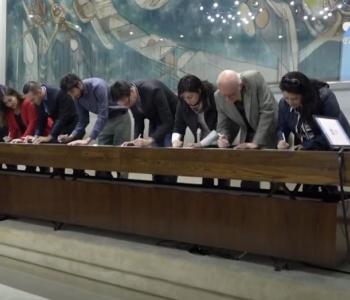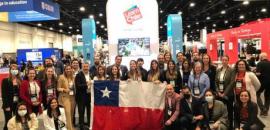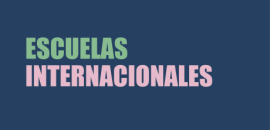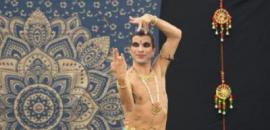Se encuentra usted aquí
Three projects of the Faculty of Engineering were awarded the VIME outreach funds

Friday, March 13, 2020
For the third year in a row, the Vice-rectory of Outreach and International Affairs (VIME in Spanish) of the university granted funds aimed at supporting and financing outreach activities on teaching and research carried out by academics, students and staff members.
Nicole Sáez Pañero, Executive Director of the Rectory, host the ceremony along with Dr. Karina Arias Yurisch, Vice-rector of Outreach and International Affairs, faculty deans, and schools and departments directors.
In regards to the high number of applications for this call and the critical point between the academic field and communities, Dr. Arias states, “the co-construction of the knowledge achieved by the establishment of wise dialogues and democratization is the main spirit of out vice-rectory. In order to achieve this goal, these funds are fundamental today, considering that we have received more than 300 projects from different actors of our community, which makes this process possible”.
This year, 25 projects that aim to strengthen collaborative networks with community and territory stakeholders were selected. Three of them come from the Faculty of Engineering.
Inclusive technologies for rehabilitation
The Laboratory for Entrepreneurship and Innovation (LEIND, in Spanish) of the Department of Industrial Engineering has always promoted cross-sectorial projects that put together the academic community and society by doing research, teaching, social responsibility and technology.
To achieve this objective, LEIND could build a collaborative alliance with Promedical 3D, a star-up from Usach that manufactures and designs prosthesis using 3D printing. For three years, Usach professors and students have been able to participate in different process with real patients, boosting the outreach and the positive outcomes. In the same line, the laboratory looks forward to expand its multidisciplinary co-model with a third party: the National Rehab Center of Chile, which is in need of incorporating new inclusive technologies for their treatments.
STEM methodology in high schools
This project is meant to build an alliance between public and subsidised schools (schools with a minimum state subsidy which are majority in Chile), and professors and students from the Department of Mechanical Engineering, with the aim of strengthening and developing abilities on innovation in high school students using the STEM methodology based on project-based learning strategies (ABP) and Design Thinking.
With this project, coordinators expect to increase the scientific interest of students and improve their capacities to solve real problems. Moreover, the project includes a training program of STEM education for teachers, so that they can obtain more evidence to join more schools into the project.
Latin-American Rally for Innovation
In the context of a globalized world, students need to develop fundamental abilities to turn into whole and comprehensive persons. In this sense, innovation and entrepreneurship play a fundamental role. These skills will be tested in a high school and a Latin-American rally tournaments, both for innovation, where students can develop critical thinking and knowledge to create innovative ideas with global perspective.
For this reason, a strategic alliance between the Faculty of Engineering and the Servicio Local de Educación Pública Barrancas was formed.
In this regard, the secretary of the faculty, Mr. Ramón Blasco, says “we have been reaching out to Latin-American countries, especially those from the Iberoamerican Association of Engineering Teaching Institutions (ASIBEI in Spanish) with whom we have been coordinating this rally. This allow us to have a strong bond with academics and students of those countries, so that we can exchange experiences, solve and tackle engineering problems, and strengthen our alliance. This fund is a fundamental support to keep doing these kind of activities.”
Written by Catalina Águila V.
Translated by Javiera Díaz



